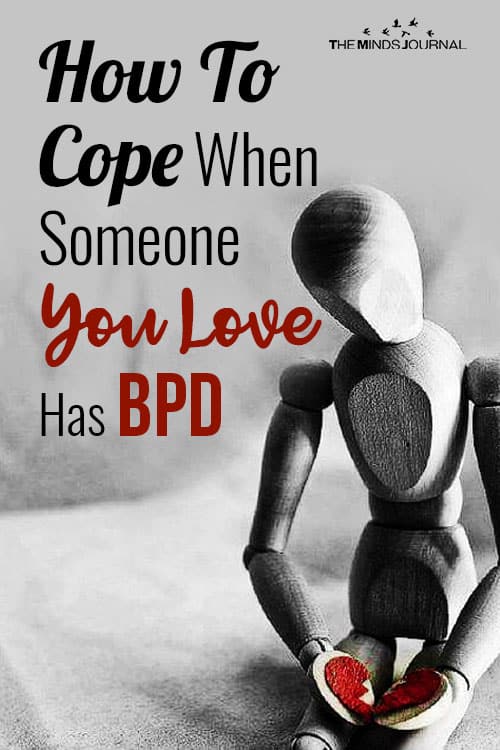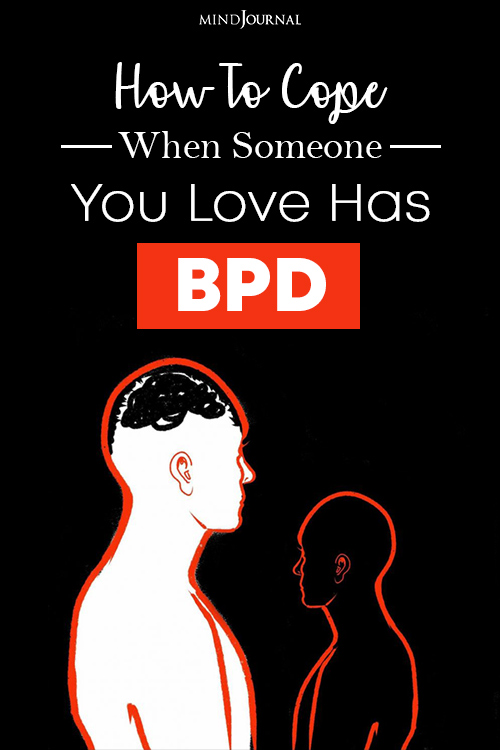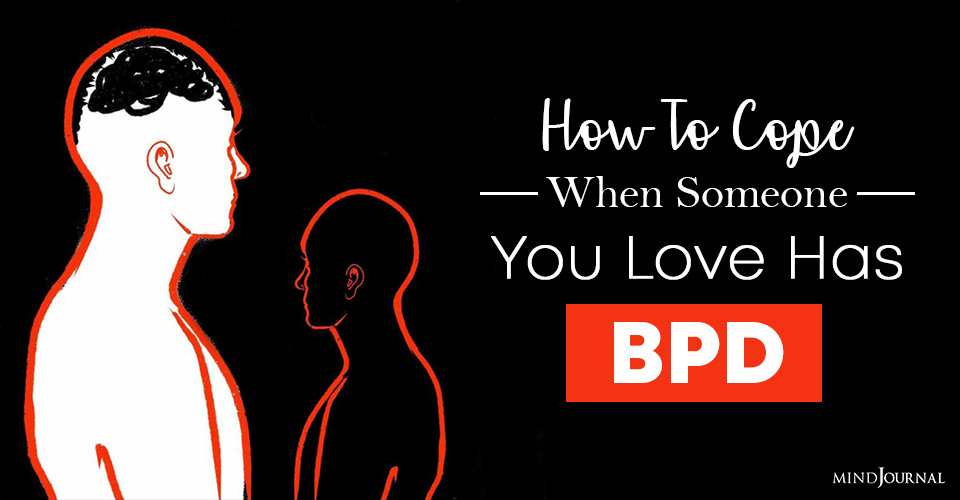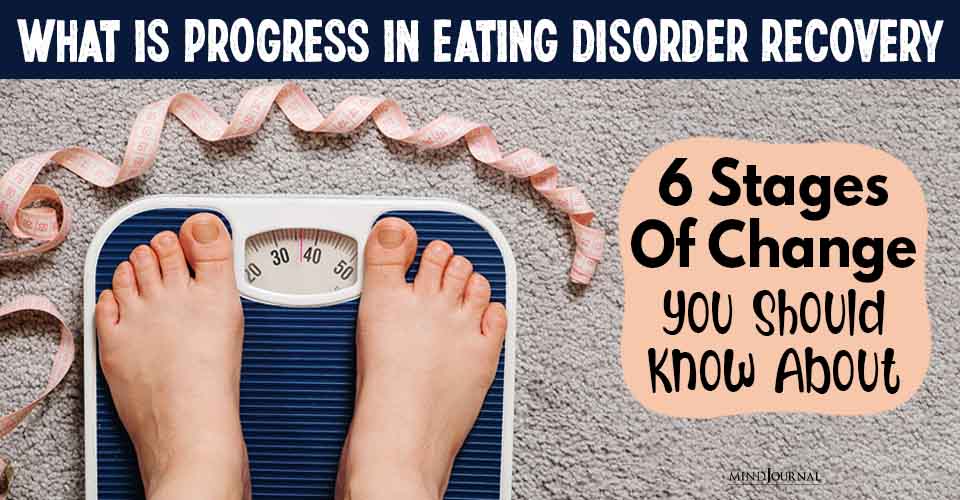Do you know someone who suffers from BPD, and you are struggling to understand how you can help make things better for them?
If someone you love has BPD symptoms such as intense mood swings, fear of abandonment, emotional reactivity, self-harming, and self-destructive behaviors, you may feel like you are being dragged into one storm after another, deprived of peace in your life, and are left feeling powerless and increasingly hopeless.
Loving someone with BPD (Borderline Personality Disorder) is certainly a journey with its gifts and perils. BPD symptoms such as intense mood swings, fear of abandonment, emotional reactivity, self-harming and self-destructive behavior, you may feel like you are being dragged into one storm after another, deprived of peace in your life, and left feeling powerless and increasingly hopeless.
If your loved one is recovering from complex childhood wounds or Complex PTSD, they probably experience reality differently than you do. It is helpful to gain some insight into how their world operates, and thus make some sense of their behavior.
Loving someone with Borderline Personality Disorder requires tremendous strength and patience. You may be hurt in the following situations: For example, when your loved one seems to constantly make untrue accusations, is angry at you all the time, or blames you for things that are not your fault.
Without understanding and support, this can be a painful and exhausting journey. Sometimes, it is hard to see or remember that their behavior is not directed towards you but stems from their internal struggles.
Here Are A Few Descriptions Of Psychological Phenomena That They Might Be Experiencing:
1. Feelings Are ‘too Real’
Some psychologists call this ‘psychic equivalence’– A mental state in which there is little differentiation between their mind’s thoughts and feelings and the external world. Your loved one may forget that their feelings, thoughts, beliefs, and wishes are simply part of their mental activities, and treat them as absolute, objective truths.
To them, their fear, anxiety, feelings of disgust, the thought that someone dislikes them are all as real as reality. In other words, for them, when they feel criticized, they believe they are criticized.
And the feeling of shame and self-criticism can be experienced with such a high level of intensity that it becomes destructive. Loving someone with BPD means your loved one sometimes does not share the same reality as you do. When they feel hurt, they retreat into a regressed state and it can be difficult to reach them. You may have to tolerate some degree of frustration and loneliness when that happens.
2. For Your Loved One With BPD, Out Of Sight, Out Of Mind
In psychological terminology, this is known as lack of object constancy. Your loved one might have problems with holding onto a consistent mind-image when it comes to relating to others. They struggle to have a sense of continuity and consistency about people in their lives. Imagine playing peekaboo with a child, when you take a toy away, they thought it has disappeared. This is the same for your loved one with BPD: When they don’t see you, it’s like you don’t exist.
When someone has BPD, they experience terrible anxiety when people leave. There is a desperate need to hold onto the physical connection or to seek the reassurance of others’ love, because they may struggle to hold onto the concept of self without someone mirroring their existence.
Loving someone with BPD means you are loving someone who is developmentally stuck in a younger state, potentially due to trauma they had experienced. You may feel that you need to constantly remind them of the fact that you love and care for them. When you don’t, they interpret this as you not caring for them anymore.
Without you constantly reminding them, they have a hard time holding a sense of ‘loving presence in their mind. On the surface, this can come across as ‘clingy’, or jealous behaviors.
Related: 10 Borderline Personality Disorder Facts That You Must Know
3. Extreme Sensitivity And Rage
Because of the lack of object constancy, you may find that your action is often being read as if there were no prior context and that your intentions are being defined solely by how you last interacted with them. You may feel that whatever you say seems to trigger an intense rage, or that you are constantly being misinterpreted for what you say. They are also extremely sensitive to criticism.
However, when loving someone with Borderline Personality Disorder, it is important to not blame every conflict or misunderstanding on their difficulties regulating emotions. Your loved one might be very intuitive. In fact, they may pick up your feelings or intentions before you are aware of them. Acknowledging how you may have contributed to the conflict can defuse the rage and maybe the most constructive response.
If you suspect you are loving someone with BPD, it is often not helpful to directly confront him or her with the label. However, you can let them know about your concerns, provide links to relevant resources, and let them know that effective treatments are available when they are ready to reach out for help.

Dealing With Heated Conflicts When Loving Someone With BPD
BPD has its positive aspects. These are not often discussed and many people with BPD feel they are pushed to the margin of society. The intensity, creativity, and the profound capacity to love are what makes someone with BPD lovable, yet when you are with them, you may feel you don’t know which person you are going to get— one moment you get someone loving and warm, the next moment you get someone sad or aggressive. This is what makes loving someone with BPD such a wild ride.
Being with someone with BPD is like riding a roller coaster, but that does not mean you should give up on the relationship. Here are some pointers that might help, especially when you are in the middle of a heated conflict.
1. As Much As Possible, Be Attentive
People with BPD are exceptionally sensitive to any signs of rejection or abandonment. (The concept of Object Permanence can explain why this is) Even if you don’t have the intention to walk away, they can easily feel emotionally abandoned if you shut down or just act a little distant. They are also highly perceptive and intuitive, if you nod your head and say yes, without truly listening, they will feel it.
It is a tall order to always be attentive, especially when you are with an intense and fast-moving person. You don’t need to always have the answer, or be 100% patient, but if you can have the intention to stay and listen as much as you can; they will be able to feel your love and that you care for them.
Even if you cannot express your love in words, they will be calmed by your quiet presence.
2. Validate Their Feelings Even When You Disagree
From your rational perspective, your loved one may be thinking and acting unreasonably. When they are triggered and have an episode or melt-down, it can be very hard to get on the same side with them.
However, you do not need to agree with them to validate their feelings.
When it comes to human emotions, there is no right or wrong. In a way, all feelings are ‘logical’ because there are stories and reasons behind them. If someone never had a consistent experience of being loved, if their life experience has taught them that affection would always be taken away, or was even a sign of danger, it makes sense that they react the way they do.
Your judgment does not change their emotional reality. In your eyes, they are over-reacting. But what does not make sense to you makes sense to them.
The good news is just because you disagree does not mean you are their enemy— you can validate the feelings behind their actions or perspectives. Loving someone with BPD does not mean you always agree with them, and you can show you are on their side whilst owning your voice.
In practice, you may try to paraphrase what they express: ’I understand that you feel ____,’ ‘I understand, from what you are saying, that right now you are feeling____ and thinking ___.’ This way, you are not lying or bending your own beliefs. You are merely empathizing with their reality.
Related: What It Feels Like To Live With Border Line Personality Disorder
3. See Their Inner Child
Most people with BPD have suffered complex and prolonged trauma in their early lives. Inside of them still lives a wounded child that is hoping to be heard, to be loved, and to be told they are wanted. Sometimes, we forget that. We see someone who is generally high-functioning, creative, and perhaps capable in other areas of their life, so we don’t assume they are walking around with an open wound. Loving someone with BPD means you learn to see and love this inner child.
You may be surprised when, during a heated argument, they suddenly regress into a child-like state. During these times, you are not dealing with the healthiest part of them, but the most hurt and lost part.
This becomes clear if you can see beyond their hurtful words and volatile behavior, and look at their body language— the screaming, the shrinking, the shaking. They may say things that they later regret, just like children might throw a tantrum when they do not get their way.
It is hard to remain calm when you are attacked. But imagining that you are dealing with a hurt child may help. Just like a child, they have not yet learned the language to express their wants and needs, so the screaming and shouting is a cry for help.
See if you can take a step back and think about the emotional needs that are behind the surface behaviors. You may then see deep longings that come from deprivation in their past.
Try to remember that your loved ones’ behaviors are often there to shield them from intense emotional pain, not to hurt or manipulate you. The biggest skill you can develop when loving someone with BPD is to transcend beyond the immediate situation and see the pain behind the reactions, and the love behind the conflicts.
Loving Someone With BPD With Kind But Firm Boundaries
Being compassionate and seeing someone’s inner child does not mean you have to be a doormat or tolerate abuse. Loving someone with BPD does not mean being a yes-person all the time.
There is a middle ground in which you can set healthy boundaries with compassion. Just like when you are dealing with a young person, you can be loving but firm at the same time.
Trying to reason with someone in the heat of the moment is often not possible, but you do not have to use logic and reason, you simply have to firmly and calmly reiterate your bottom line.
As much as possible, don’t walk away. Leaving them on their own may be the worst fuel for their fear of abandonment. See if you can start by clearly stating consequences in a non-punishing way, for instance, you may say: “I understand you feel ____, and I want to be here for you. But if you continue to shout or throw things, I will have to leave the room for five minutes.” Don’t pose an empty threat, and execute what you say. At the same time, don’t aim to punish or counter-attack.
Later, when they come back to calm and can have an adult conversation with you, sit down together to make a plan.
A good ‘crisis plan’ involves identifying their worst triggers, what could support them during those times, and what not to do. This is not just about them— you can also state your needs, and you can negotiate. The goal of this exercise is to plan ahead, so both of your needs are met and honored.
Related: Loving Someone With Borderline Personality Disorder
Loving Someone With BPD While Honouring Yourself
Loving someone with BPD should not mean you lose yourself. You may love them, you may feel bad for what they have to go through, but you cannot save them.
You may feel manipulated, resentful, or guilty, but being locked into an unhealthy relationship dance with them is not going to resolve anything.
You are your own person, and they are theirs. Loving someone with BPD should not lead to codependency. You can never go back to erase their painful past, nor could you be their savior. Please do not blame yourself for not being able to rescue. You can be their best ally and supporter, but you are not responsible for their healing or growth.
If you feel resentful about being in this relationship, remember it is your choice to stay or leave. If you choose to stay, try not to punish them for your decision.
Some people say BPD can never be ‘cured’, but this is not true. Research after research, story after story, have proven otherwise.
Even though they can be challenging to be with, many people with BPD are highly empathic, intuitive, loving, and powerful. Loving someone with BPD requires strengths and skills, but it comes with its own gifts and reward.
If you decide to walk this journey together, your love and commitment will help them heal. And the reward at the end of this road will be worth it.
Written by IMI LO
Originally appeared on EGGSHELL THERAPY AND COACHING FOR THE EMOTIONALLY INTENSE
For more, please visit eggshelltherapy.com
Living with BPD day after day can be mentally and emotionally exhausting, and this stands true even for the people close to them. Yes, dealing with your loved one’s BPD might seem impossible sometimes, but you need to be there for them so that they can fight this. Make sure that they know how much you love them, and that you are not going anywhere, and see how it helps them in the long run.














Response
Amazing how you described me when I should have sought help. I have bipolar disorder, anxiety disorder and PTSD.
At this point my illness has progressed to the point of feeling hopeless.
I spend most of my time sitting alone and practicing destructive behaviors. Always looking for relief from my own thoughts. I don’t even who I am anymore. I don’t like me anymore.
I am haunted daily by the memories of being sexually abused as a child.
I just want to be loved but at this point I can’t love myself, much less give my worthless self to some good and decent person.
I’m sorry for the pain I’ve caused, the people I’ve let down.
I forgive those who did this to me but I wish they could know the the extent of pain and the lifetime of anguish and confusion that this child has experienced.